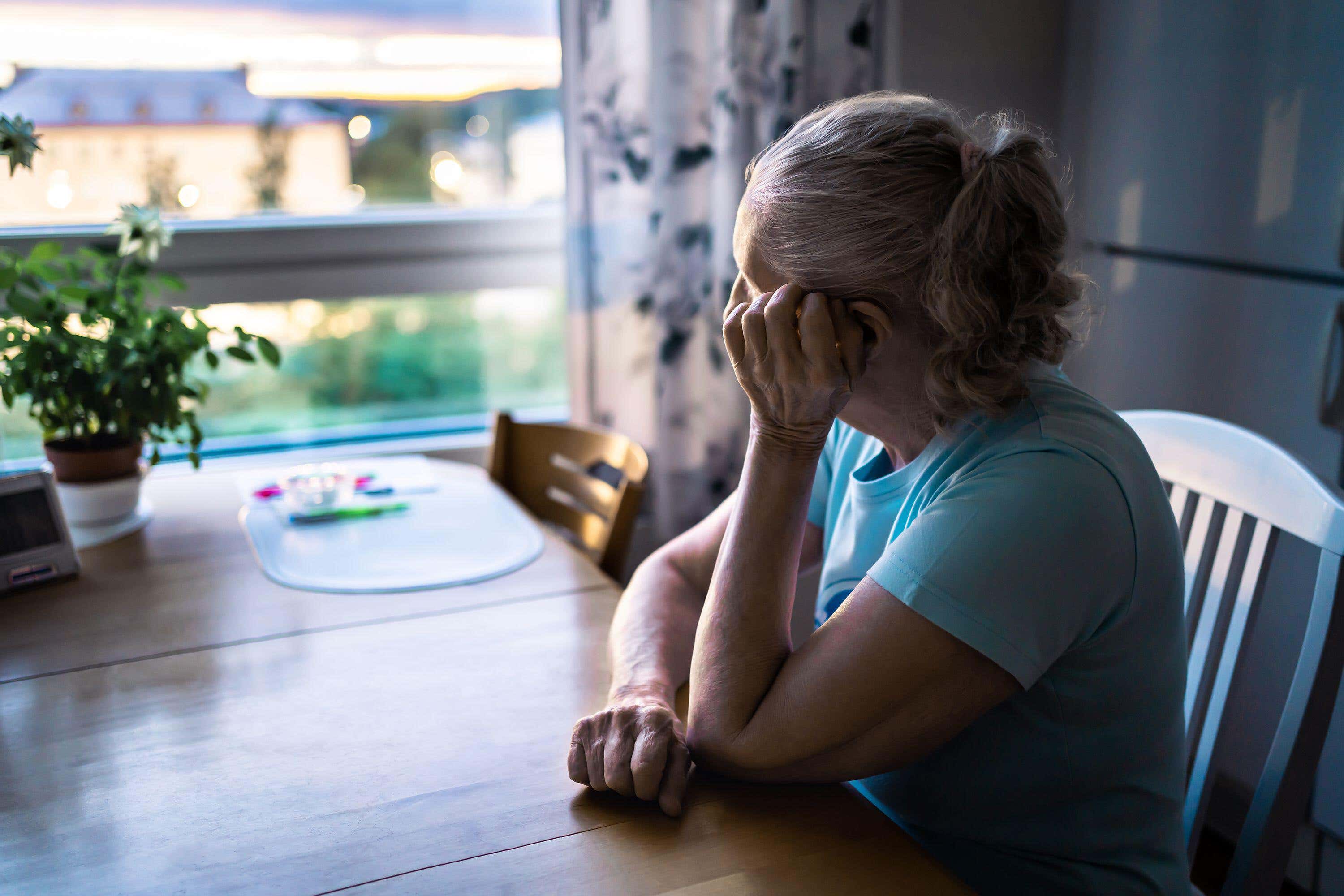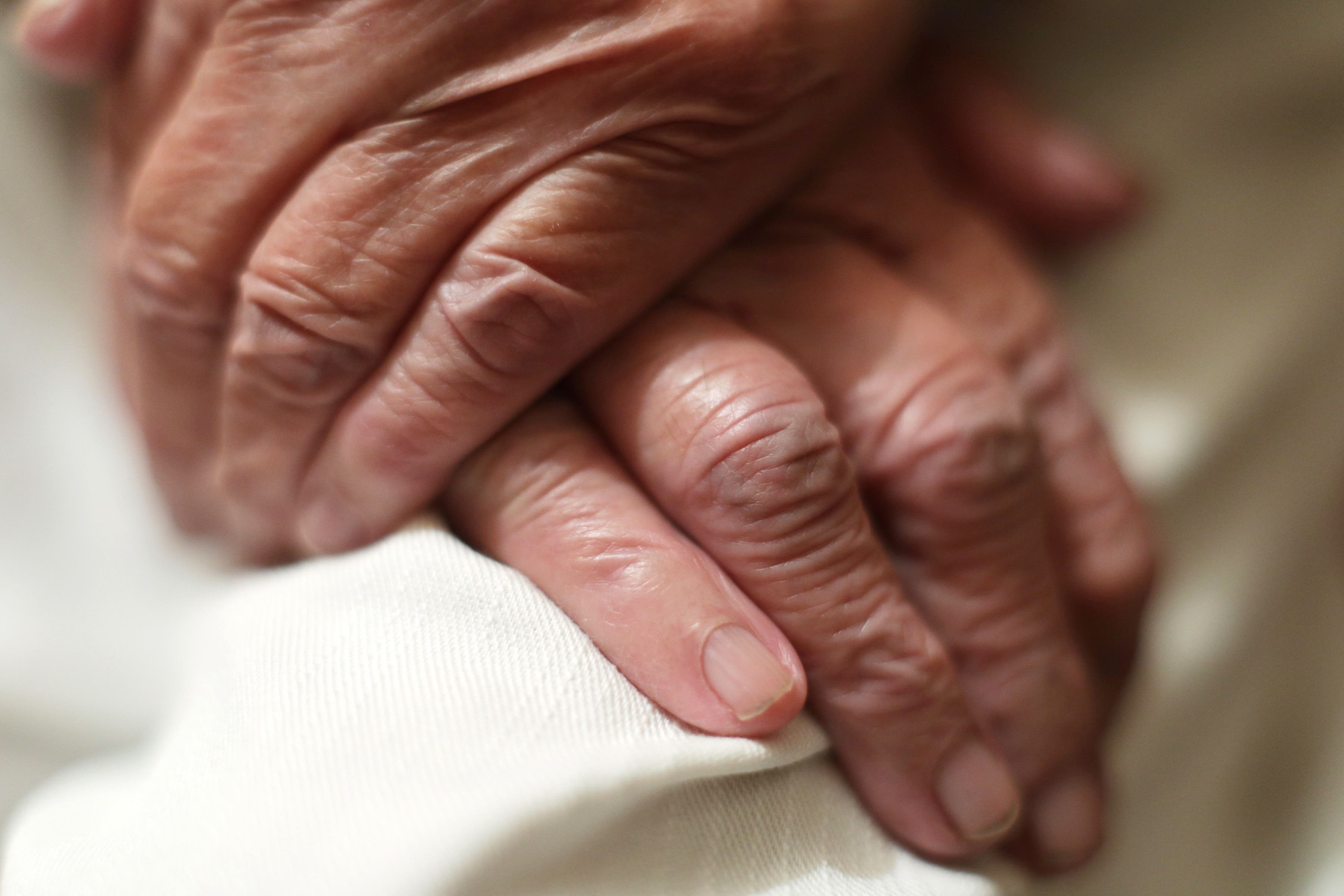Scientist discover rare genetic mutation that could help fight Alzheimer’s
Researchers discovered that the ‘Christchurch’ gene could be key

A rare gene mutation could hold the key to slowing down or even preventing early-onset Alzheimer’s.
Scientists claimed the variant had a “protective” effect on people destined to develop the disease.
Researchers discovered that having one copy of the “Christchurch” gene meant these high-risk people showed signs of dementia four years later than those who did not carry the variant.
The team said the findings, published in the New England Journal Of Medicine, could pave the way for innovative treatments and targeted therapies for a disease that affects 982,000 people in the UK.
Dr Joseph F Arboleda-Velasquez, an associate scientist at Mass Eye and Ear teaching hospital in the US, said: “Our new study is significant because it increases our confidence that this target is not only protective, but druggable.
“We think that therapeutics inspired by protected humans are much more likely to work and to be safer.”
The protective effect of the Christchurch gene was first reported in 2019 when scientists found a Colombian woman was able to stave off Alzheimer’s until her late 70s despite the disease running in her family.
Aliria Rosa Piedrahita de Villegas and many of her family members carry the “Paisa” gene mutation, which causes Alzheimer’s – with memory and thinking problems developing around the mid-40s.
But she was also found to carry two copies of the Christchurch gene, which meant the disease did not progress until she was well into her 70s.

Now researchers have found 27 other family members who carry both the Paisa mutation and one copy of the Christchurch variant also experienced delayed Alzheimer’s symptoms but this was less pronounced – with signs of impairment starting around the age 52.
Yakeel T Quiroz, associate professor in the Departments of Psychiatry and Neurology at Massachusetts General Hospital, said: “As a clinician, I am highly encouraged by our findings, as they suggest the potential for delaying cognitive decline and dementia in older individuals.
“Now we must leverage this new knowledge to develop effective treatments for dementia prevention.”
An international team of scientists led by Francisco Lopera at the University of Antioquia in Medellin, Colombia, have been studying Aliria’s extended family for around four decades in the hope of finding a cure for dementia, which affects 55 million worldwide.
The family consists of about 6,000 blood relatives, and about 1,200 carry the Paisa variant.
Prof Quiroz said: “As a next step, we are currently focused on improving our understanding of the brain resilience among the remaining family members who carry one copy of the Christchurch variant.
“This involves conducting structural and functional MRI scans and cognitive evaluations, as well as analysing blood samples to assess their protein and biomarker profiles.”
Join our commenting forum
Join thought-provoking conversations, follow other Independent readers and see their replies
Comments
Bookmark popover
Removed from bookmarks